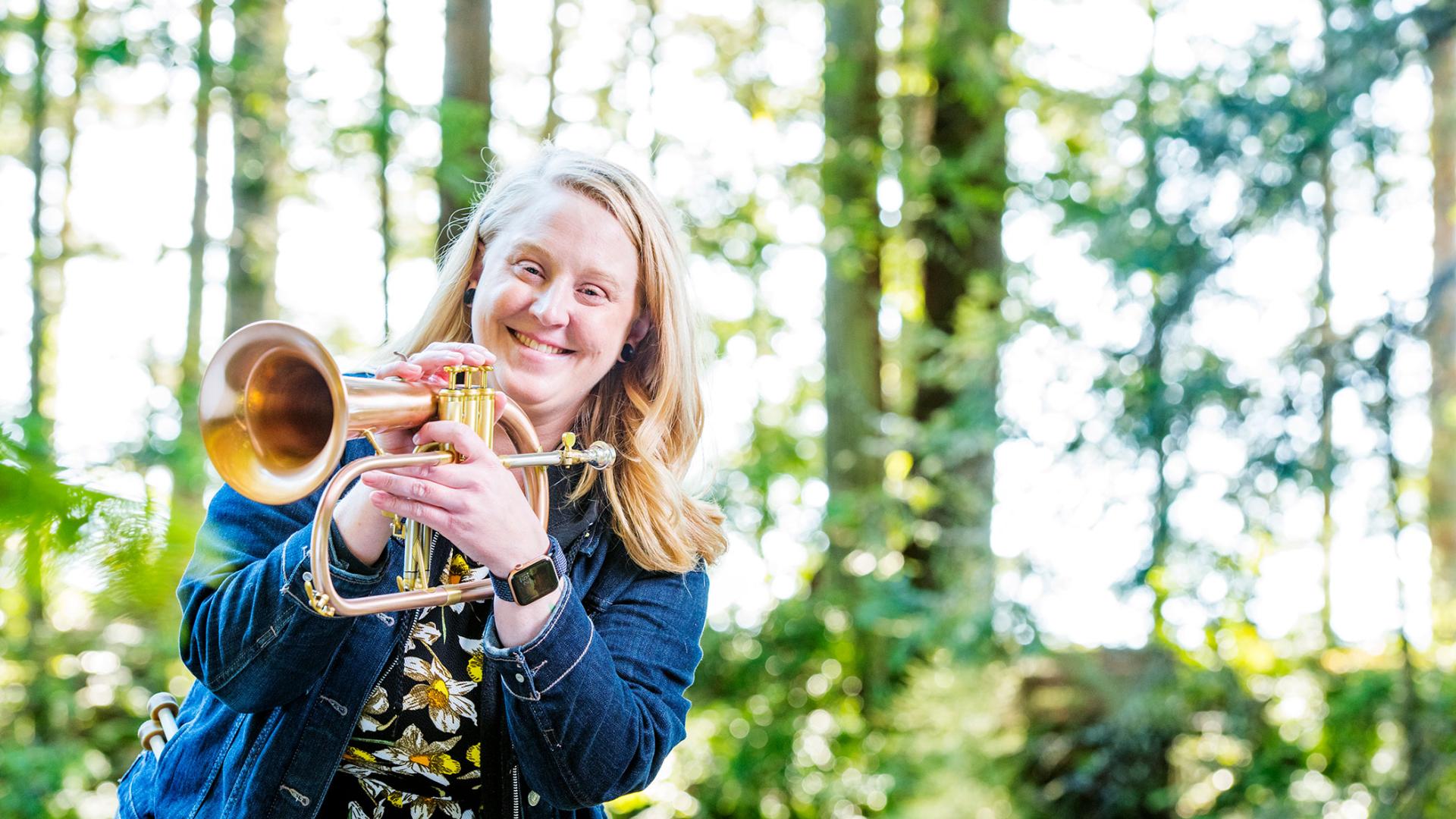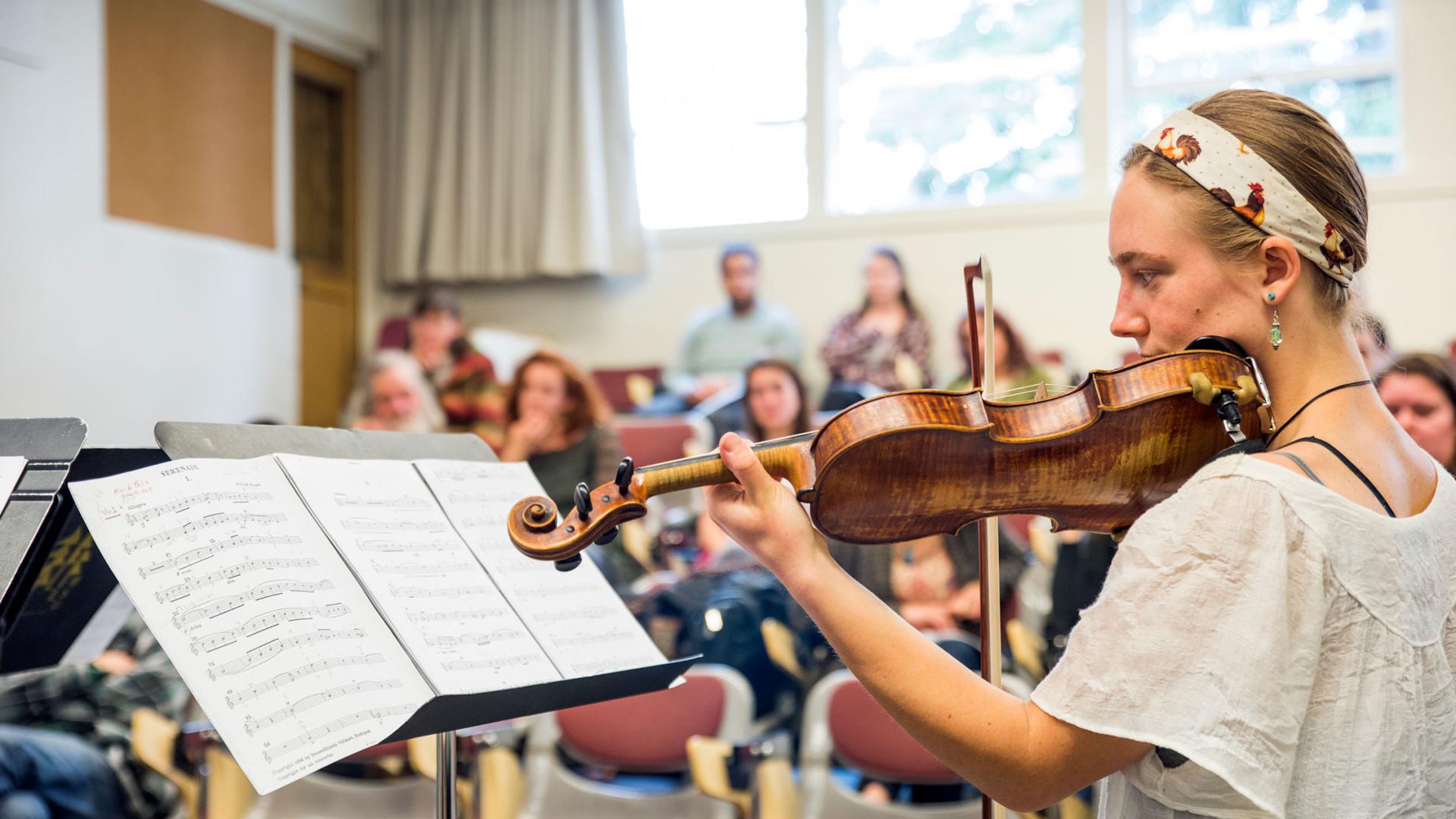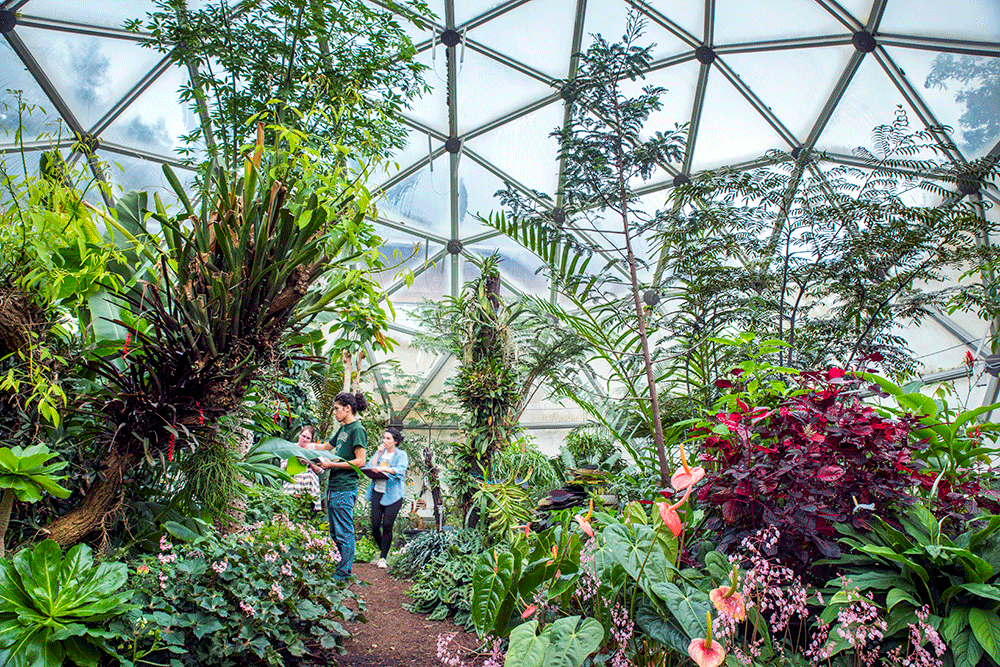The Gift of Practical Plant Experience
Cal Poly Humboldt’s Dennis K. Walker Greenhouse boasts one of the largest teaching collections of living plants in California. Now, thanks to a generous gift from the facility’s namesake, Professor Emeritus Dennis K. Walker (‘60, Botany), the iconic campus facility will get an injection of TLC this semester with funding to hire a permanent assistant manager.
With Walker’s $1.5 million gift, the position will be funded in perpetuity, backed by a permanent endowment, and in turn supporting Cal Poly Humboldt’s continuing efforts to provide students year-round access to a comprehensive and unique collection of plant specimens.
“Instructors and students have access to a variety of vegetation types native to many habitats, such as deserts and tropical jungles. The greenhouse provides diverse growing conditions that make it possible to keep a teaching collection of plants available throughout the year to supplement the local vegetation,” says Walker. “By ‘forcing’ dormant plants to grow when the students are on campus, or maintaining exotic specimens from around the world, the greenhouse supports the educational mission of the Botany program in particular while also being used by a variety of other disciplines such as art and entomology.”
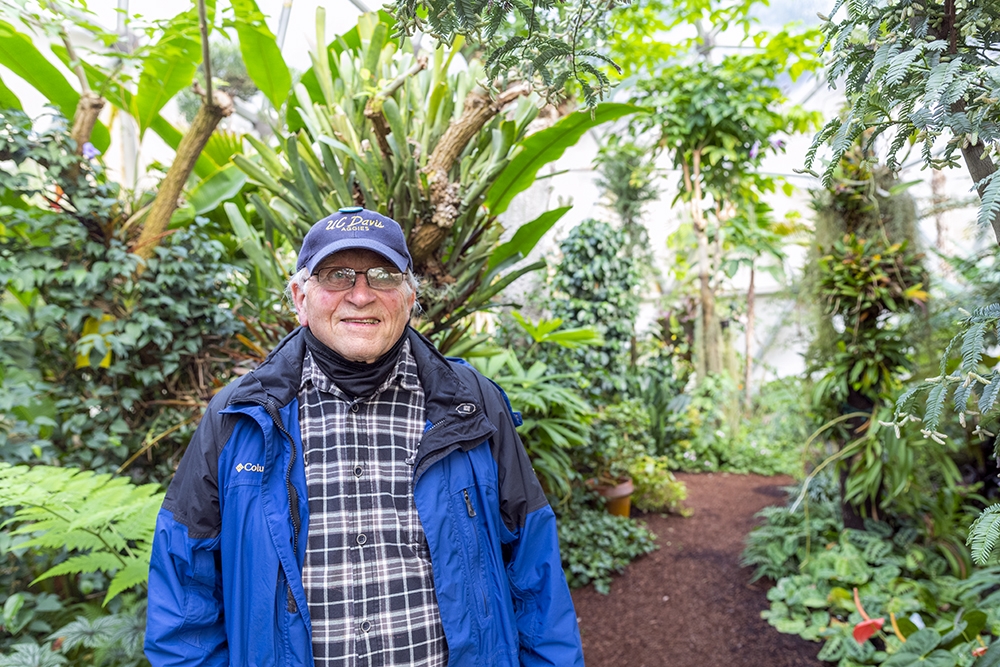
Dennis Walker standing in the greenhouse that's named after him.
Day to day, the humidity and fertile conditions of the greenhouse are carefully cultivated by Brianne Lee (‘16, Environmental Science), who served as the greenhouse’s assistant manager until becoming the full-time manager in 2016. She cares for more than 1,000 species representing 187 plant families.
While the greenhouse is great for hands-on learning (students assist with watering, propagation, and care), Lee and Walker knew that the unique plant collection— and Humboldt students—would thrive with support from additional staff.
“The new assistant manager position will help keep the greenhouse regularly open, support students with their experiments, and improve students’ understanding of plants and plant communication through more consistent access to knowledgeable staff,” explains Lee.
Botany students use the greenhouse’s collection to study plant anatomy, plant evolution, plant taxonomy, plant physiology, entomology, genetics, microbiology, mycology, and more, says Lee.
Connecting Humboldt students with the plant world is nothing new to Walker—it was his mission over the 40 years he taught in Humboldt’s Department of Biological Sciences.
Walker’s courses were famous for their detail and rigor. His lab demonstrations were also legendary. He insisted on showing students living samples and thought nothing of driving 250 miles to the Bay Area to acquire Ginkgo trees for class the next day. His teaching collection of ferns and conifers lives on in the greenhouse, where 65 of the 70 living conifer genera in the world are represented.
“Walker found it limiting to teach students about plant evolution and anatomy by just using microscope slides and drawing them on the overhead projector,” explains Lee. “To enhance the students' hands-on experience and better their understanding of plants, he planned expeditions around the world to see and collect plants that represent a specific evolutionary trait that he wanted to teach about. He would send back seeds, spores, cuttings, and seedlings to grow in our greenhouse.”
Following his retirement from the University in 2005, Walker has remained involved with the Botany Club and started to generously fund student assistant positions in the greenhouse and teaching labs. He also established the Walker Award, which recognizes the most promising Botany graduate every year.
Photo 1: Cal Poly Humboldt Botany and Biological Sciences students have access to amazing plants at the Dennis K. Walker greenhouse, an 11,500-square-foot facility with more than 1,000 species representing 187 plant families.
Photo 2: Professor Emeritus Dennis K. Walker, whose gift will help support the educational mission of the greenhouse that’s named after him.
Join 'em
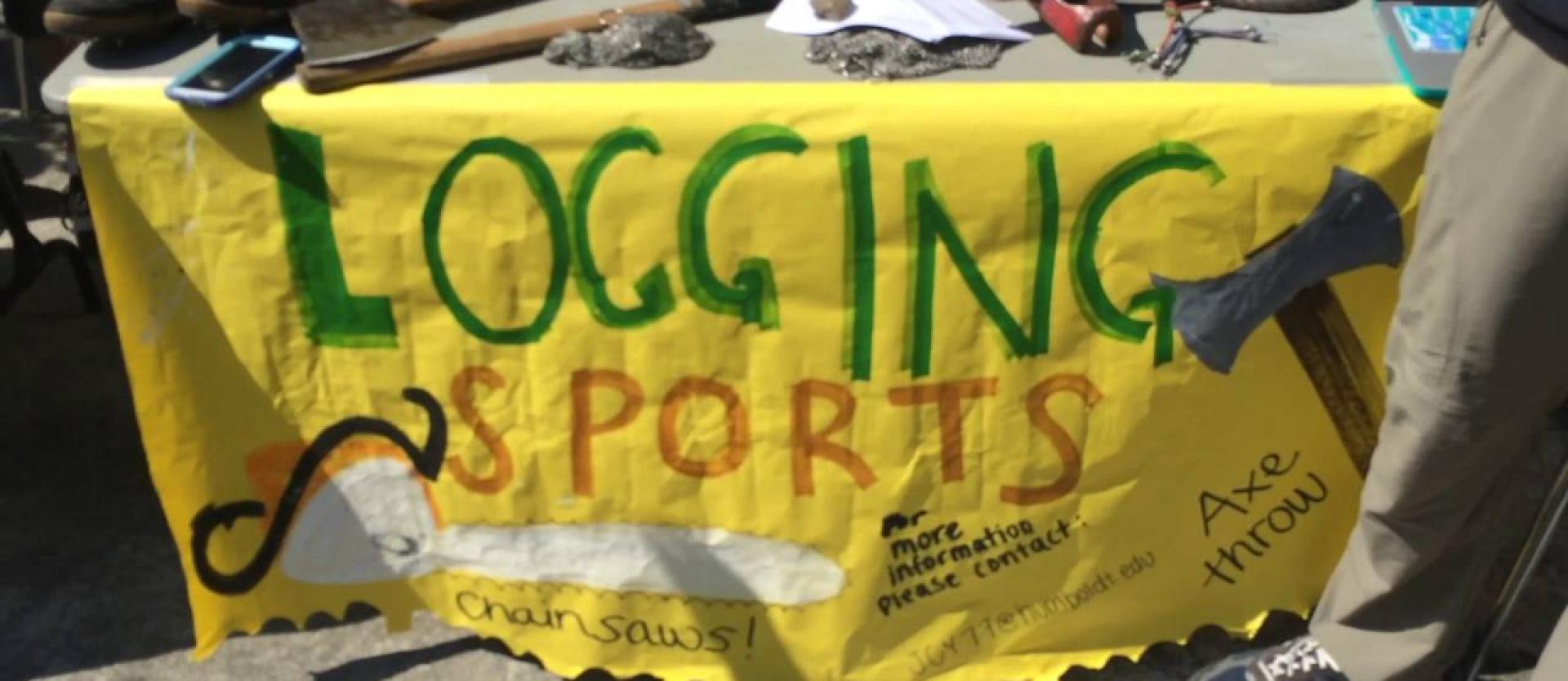
Follow us on instagram to find out more about the Office of Student Life events and our amazing student organizations!





